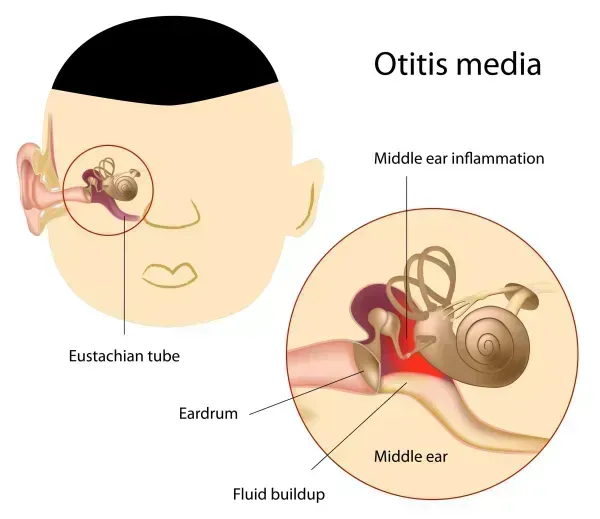Prep Now for ICD-10-CM Changes to Postprocedural Complications, More

Consider these crucial additions, revisions, and deletions to get a head start on 2019. Gearing up for the new code season feels like a challenge to coders most of the time — but it doesn’t have to be. As long as you give yourself plenty of time to incorporate all the new changes, you’ll be in great shape to implement the new set of 2019 ICD-10-CM and CPT® codes, respectively. First up is ICD-10-CM in October, and this year is no different when it comes to the broad range of diagnosis code changes. “As in years past, 2019 will see a significant number of ICD-10-CM code changes,” says Amanda Corney, MBA, medical billing operations manager for Medical Resources Management in Rochester, New York. “On October 1, 2018 you need to be ready to incorporate both new and revised codes — as well as suspend the use of a select group of deleted codes,” Corney relays. Despite the fact that the otolaryngology specialty isn’t affected as much as others, there’s still a few very important additions and revisions for you to consider. Keep reading for a full breakdown of some fundamental postprocedural complication diagnoses that are bound to impact your practice. Add Specificity to Your Postprocedural Infection Codes The first code set you want to consider is an overdue set of diagnosis codes to properly report postprocedural infections and sepsis: Introduce yourself to these six new postoperative complication codes to report in place of the current postprocedural infection diagnosis code, T81.4 (Infection following a procedure). The codes focus on the anatomic site of the infection, from superficial incisions to infections involving organs and their surrounding space. Additionally, you’ll now be able to report sepsis following a procedure using code T81.44. Additionally, you’ll notice a few subtle, but important changes to these postoperative complication index terms: Note: Each of the above revisions have been revised from T81.4- (Infection following a procedure). One additional important change to consider is the revision to the Type 1 Excludes and Type 2 Excludes notes listed under code T81.4-. You’ll find that ICD-10-CM has revised the following Type 1 Excludes notes to Type 2 Excludes notes. This means that you may now use the following codes in addition to T81.4- when the provider documents both conditions: Note 2 New Pediatric Health Examination Codes, Other Changes Finally, in addition to a few miscellaneous changes and revisions, you’ll want to consider these two new Z code changes describing routine and abnormal child health examinations. While the codes remain unchanged, you’ll now be able to locate them in the index under Test, tests, testing (for). Next, you’ll want to take a look at these two important Use Additional notes under the newly added code E88.02 (Plasminogen Deficiency). While the ENT specialty typically will not require you to report this code specifically, you should know that plasminogen deficiencies may result in conditions of the respiratory and auditory tracts. The ICD-10-CM tabular now includes a Use Additional note for the following specialty-relevant conditions: Similarly, when coding H67 (Otitis media in diseases classified elsewhere) and J99 (Respiratory disorders in diseases classified elsewhere), you’ll want to look out for a new Use Additional note requiring coders to add the following condition, if applicable:
operation wound (T81.49) ¡ postoperative (any site) (see also Infection, postoperative wound (T81.49).
stitch abscess (T81.41) ¡ wound infection (T81.49).
drainage site (following operation) (T81.49).
operation wound (T81.49) ¡ postoperative (any site) (see also Infection, postoperative wound (T81.49)
stitch (T81.41).
infant or child (over 28 days old) - see Z00.129 (Encounter for routine child health examination without abnormal findings)
with abnormal findings - see Z00.121 (Encounter for routine child health examination with abnormal findings).

.jpg)


